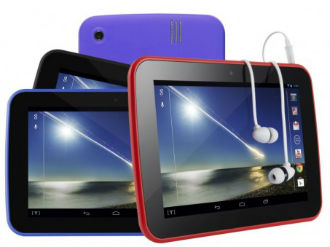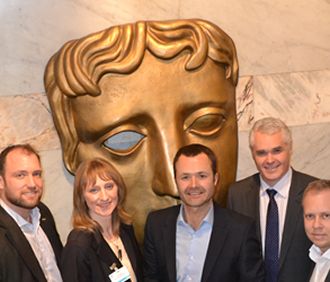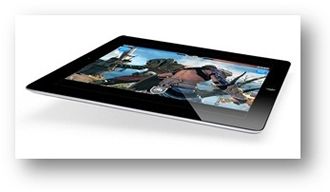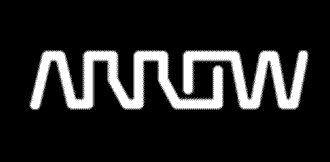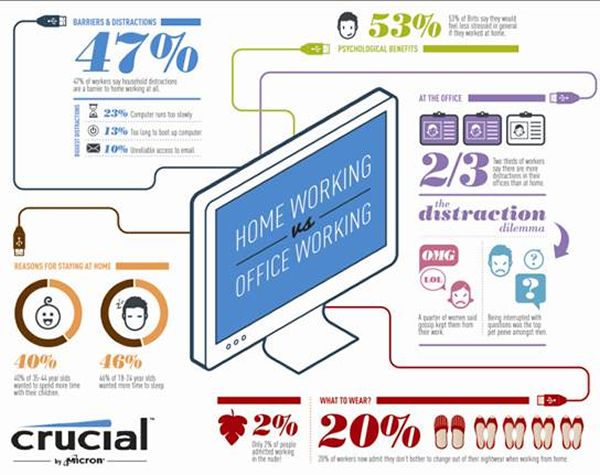 It was very nice that Fujitsu Imaging Systems invited ChannelEye to attend its channel gig in Dubai on the 22nd May next.
It was very nice that Fujitsu Imaging Systems invited ChannelEye to attend its channel gig in Dubai on the 22nd May next.
We had to decline. We hadn’t realised FIS was short of a bob or three.
FIS tried to get ChannelEye on a flight that would go from Heathrow to Dubai overnight and a few hours on, us journalists would have to report on its channel event.
Er, no. That is cruel and unusual punishment for any channel guy, whatever her or his age.
Fujitsu said it could only afford to put us channel hacks up in the hotel – that’s the Jumeirah Towers Hotel flying Etihad for one night.
The lovely PR rep said that the “arrangements were less than ideal”. It would be “a case of arriving in the morning of the conference itself. However, the conference does not start until a bit later in the day, and given that you arrive quite early in the morning you would have some time to rest at the hotel before kicking off.”
He added that even PFU (Fujitsu) staff will be flying in on the morning of the conference, “from various European locations”.
We declined Fujitsu’s munificent offer. Hitachi is usually a lot kinder than Fujitsu. Even HP is merciful.



